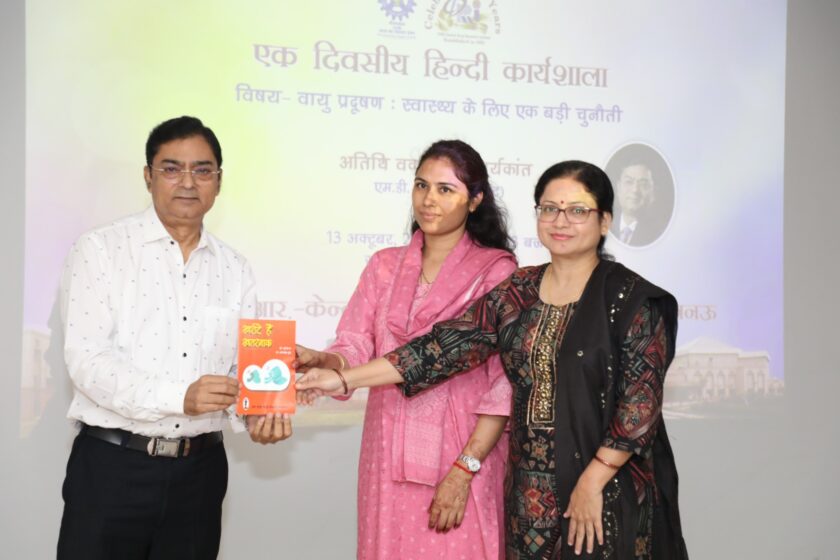Lucknow: Our daily habits and poor dietary choices can gradually damage the liver — a vital organ responsible for detoxifying the body. Unfortunately, liver damage often progresses silently. But the body begins to show warning signs early on. Recognizing these symptoms on time can prevent serious health issues.
Here are five key signs your body may show if your liver is getting damaged:
1. Jaundice (Yellowing of Skin and Eyes)
One of the most common signs of liver trouble is jaundice. When the liver fails to properly process bilirubin — a yellow pigment — it builds up in the body, leading to yellowing of the skin, the whites of the eyes, and even nails. It may start subtly in the eyes and worsen without timely treatment.
2. Abdominal Pain and Swelling
Liver damage can cause discomfort or pain in the upper right side of the abdomen. This can also lead to bloating or visible swelling, as the liver sits in this part of the body. Persistent heaviness or pressure here shouldn’t be ignored.
3. Fatigue and Weakness
As liver function deteriorates, toxins accumulate in the body. This often results in constant fatigue, weakness, and sluggishness — even without exertion. A noticeable drop in energy levels can signal liver dysfunction.

4. Itchy Skin and Rashes
When bile builds up in the bloodstream due to poor liver function, it can cause intense skin itching. Some people may also develop spider-like marks (spider angiomas) or rashes, which are clear indicators that the liver is struggling.
5. Digestive Problems
Liver issues can disrupt digestion, leading to nausea, vomiting, reduced appetite, weight loss, or frequent constipation or diarrhea. In severe cases, blood may appear in the stool — an urgent sign to consult a doctor.
Takeaway:
Modern lifestyles — late nights, alcohol, smoking, processed food — can take a toll on the liver. If you experience any of these symptoms, don’t delay. Early diagnosis and medical intervention are key to preventing long-term liver complications.






